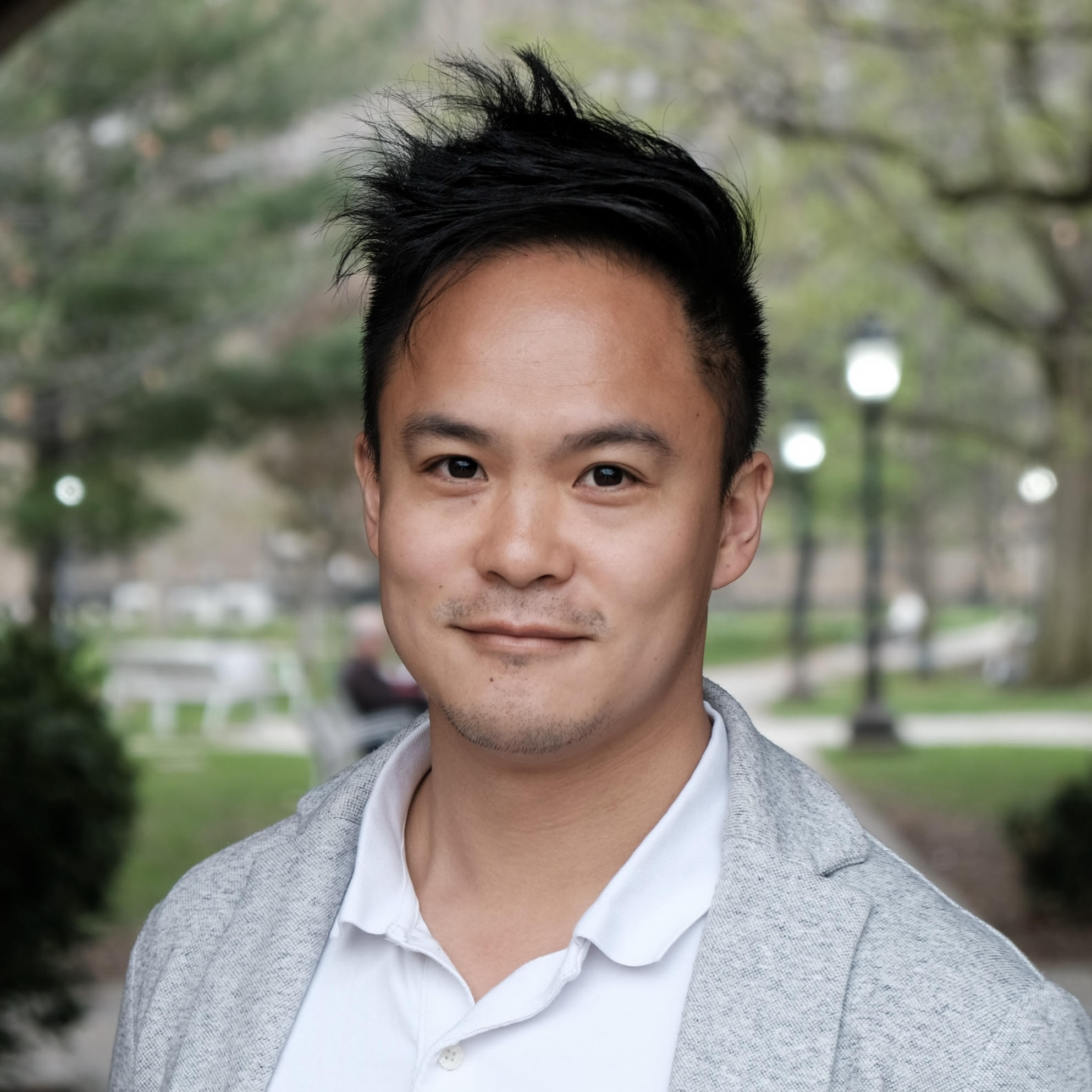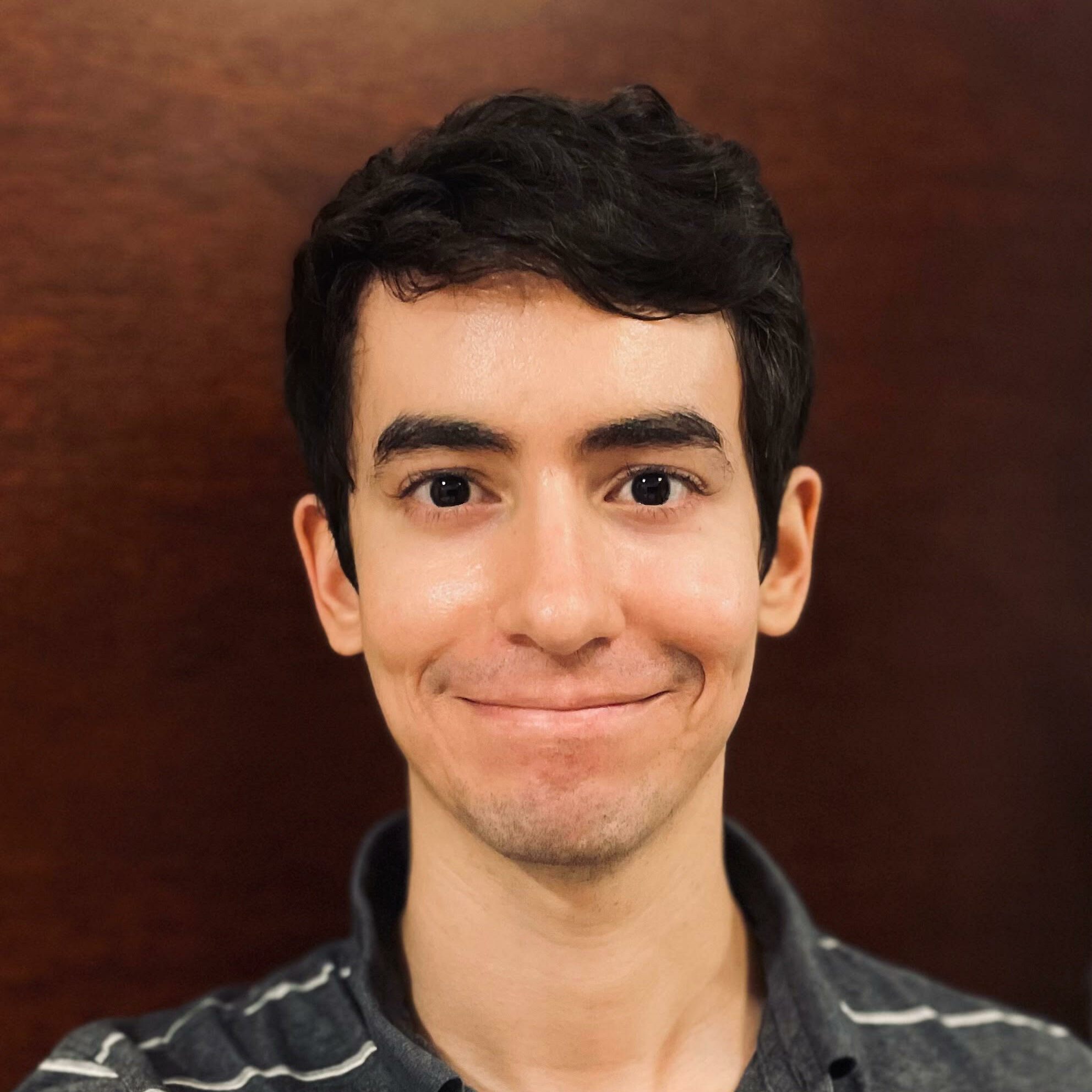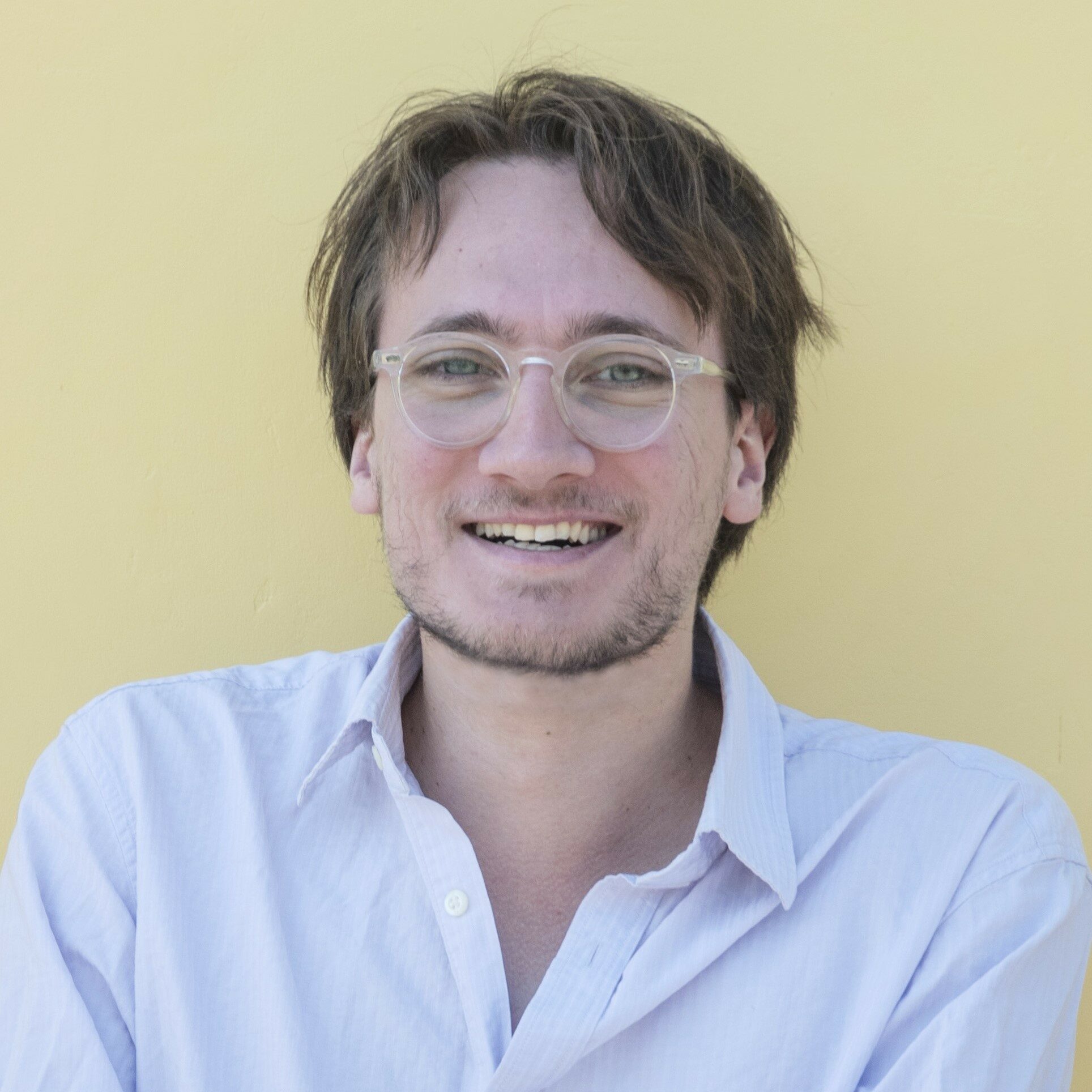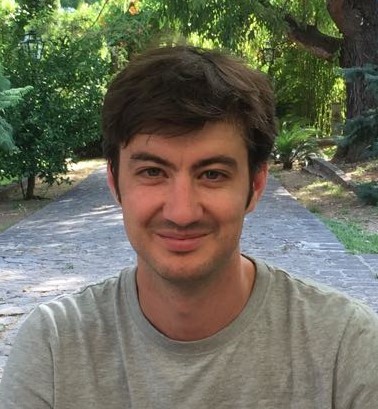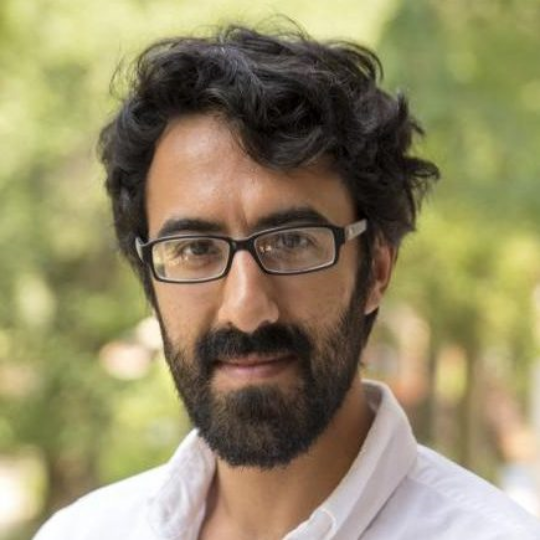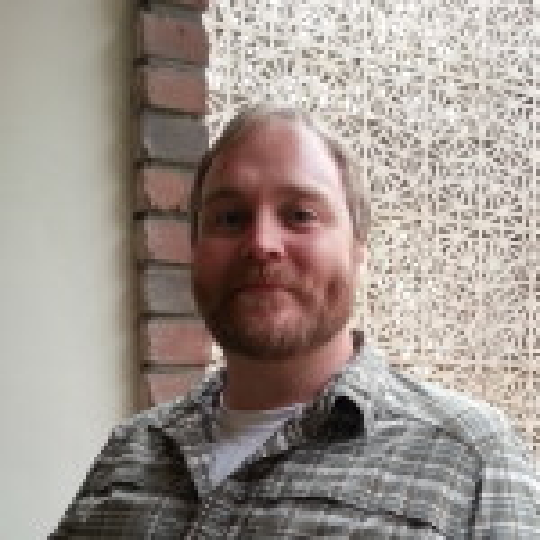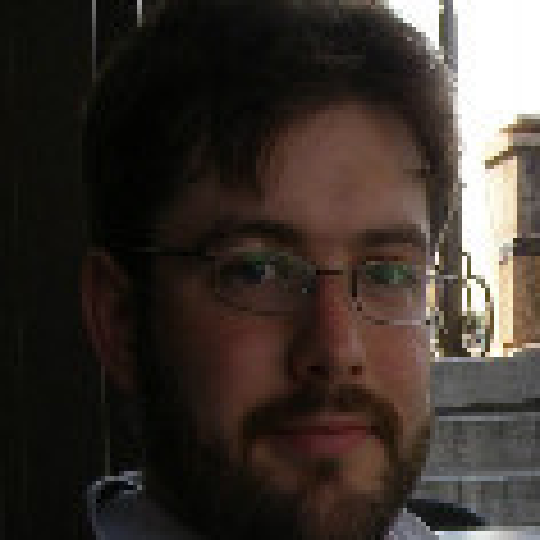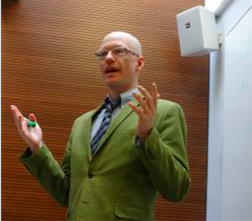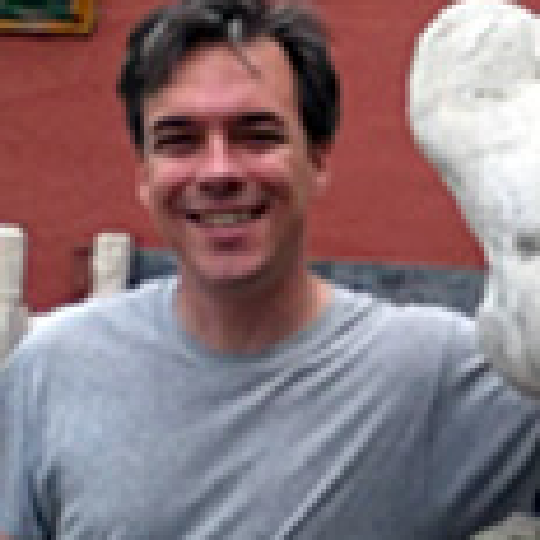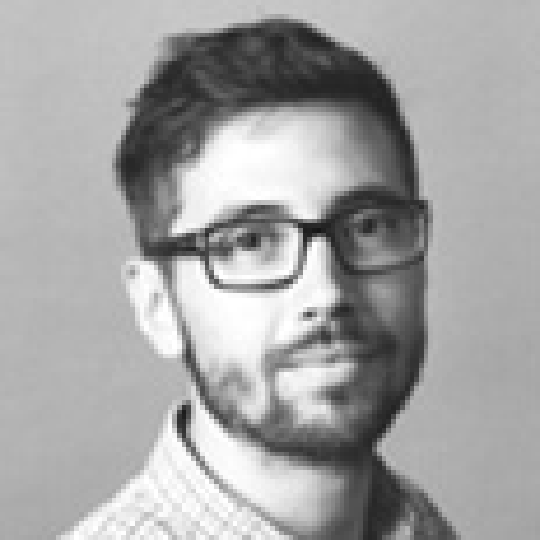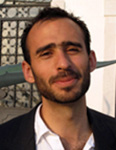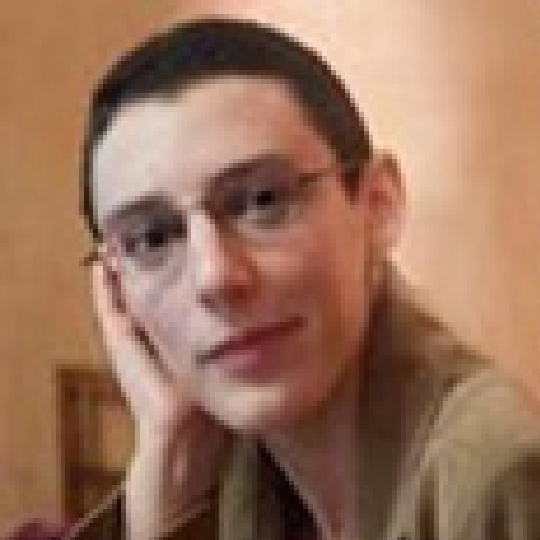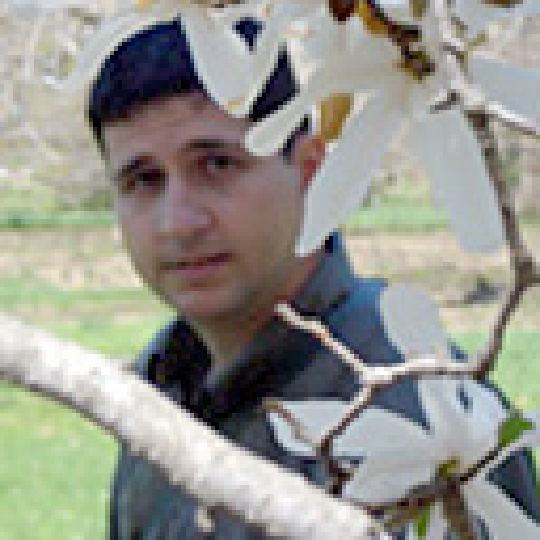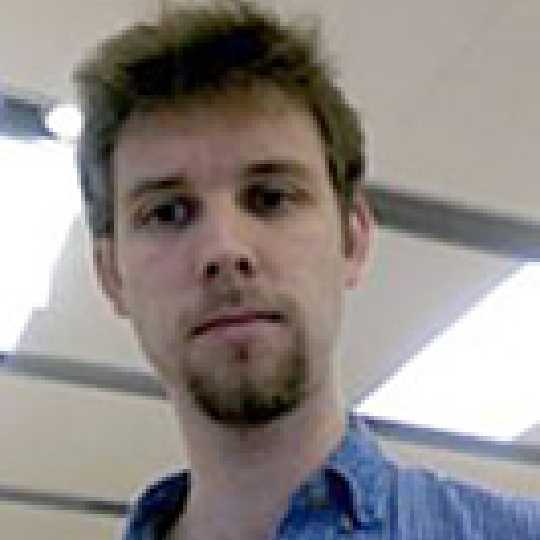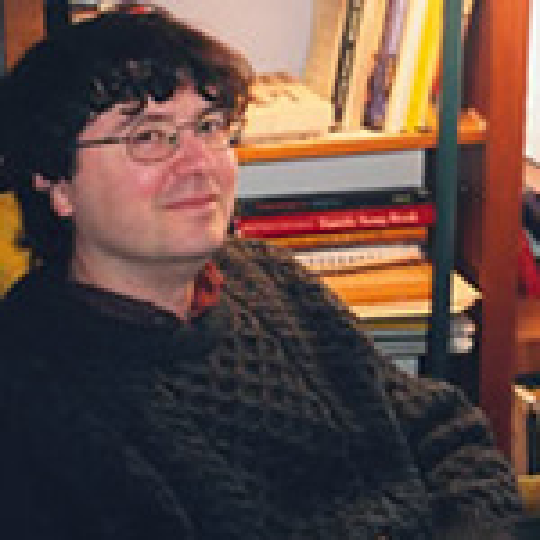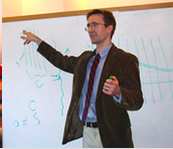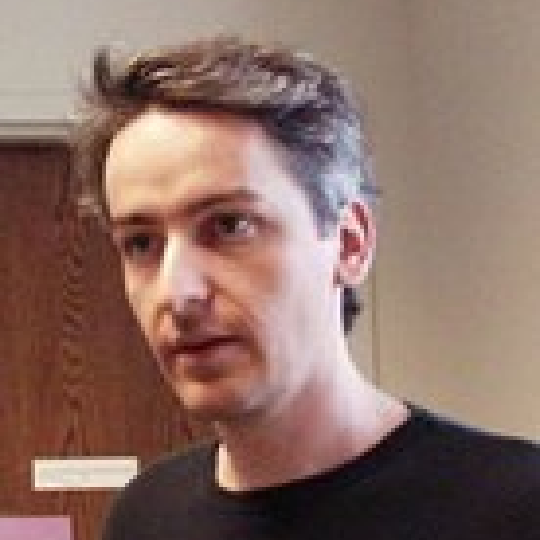The 2024 Sanders Prize in Metaphysics has concluded, and we are pleased to announce that the winning essay is “A Puzzle about Sums,” by Andrew Yuan Lee of the University of Toronto.
The selection committee—consisting of Dean Zimmerman, Karen Bennett, and Jason Turner—was faced with a challenging job. There were many worthy essays among the 39 submissions, including these runners-up (in no particular order): “Distinctions with a Difference,” by Alexander Roberts; “Permeating Properties,” by Erica Shumener; and “Matter and Mereology,” by Jeremy Goodman.
Author Bio:
Andrew Y. Lee is an Assistant Professor of Philosophy at the University of Toronto. His main line of research examines how structural concepts—such as degrees, dimensions, continuity, discreteness, parts, wholes, isomorphisms, and state-spaces—can be applied to conscious experiences. But he’s interested in many philosophical topics, including also infinite sums, locations, value, welfare, perception, introspection, attention, and analog representation.
Abstract:
A famous mathematical theorem says that the sum of an infinite series of numbers can depend on the order in which those numbers occur. Suppose we interpret the numbers in such a series as representing instances of some physical quantity, such as the weights of a collection of items. The mathematics seems to lead to the result that the weight of a collection of items can depend on the order in which those items are weighed. But that is very hard to believe! A puzzle then arises: How do we interpret the metaphysical significance of this mathematical theorem? I first argue that prior solutions to the puzzle lead to implausible consequences. Then I develop my own solution, where the basic idea is that the weight of a collection of items is equal to the limit of the weights of its finite subcollections contained within ever-expanding regions of space. I show how my solution is intuitively plausible and philosophically motivated, how it reveals an underexplored line of metaphysical inquiry about quantities and locations, and how it elucidates some classic puzzles concerning supertasks.

